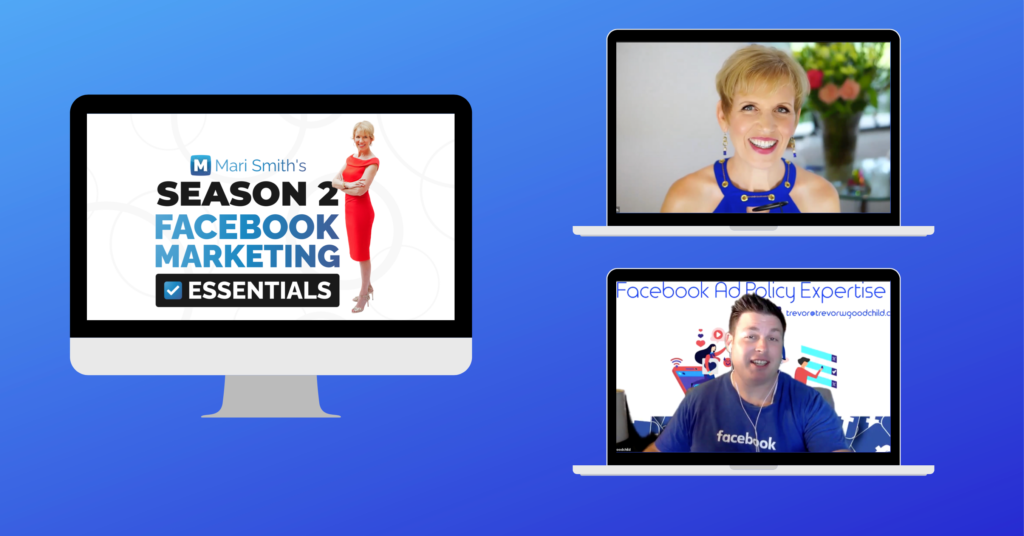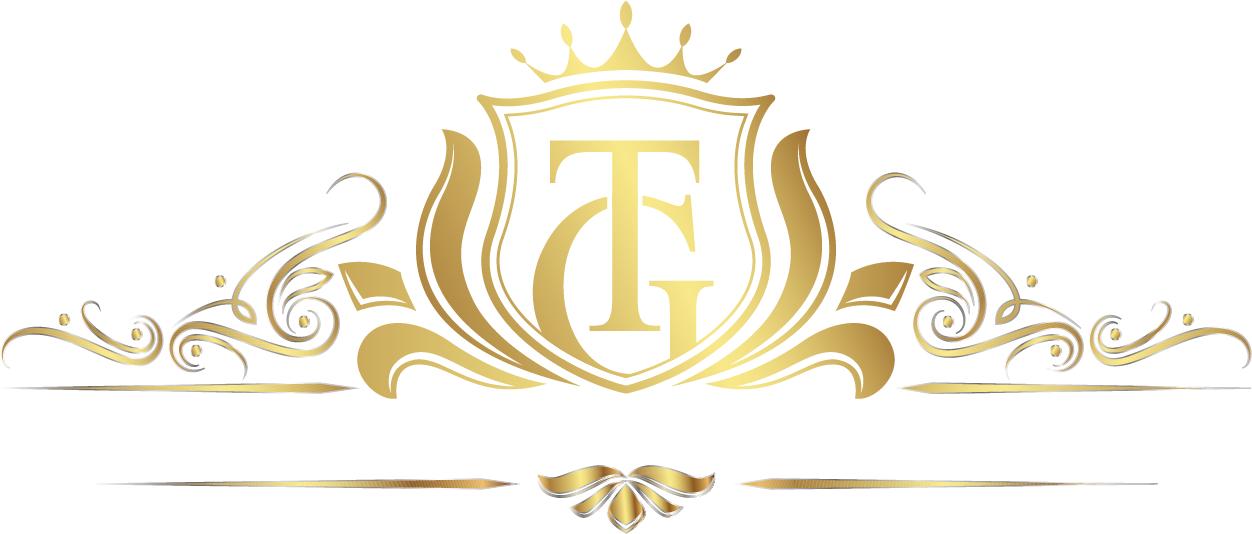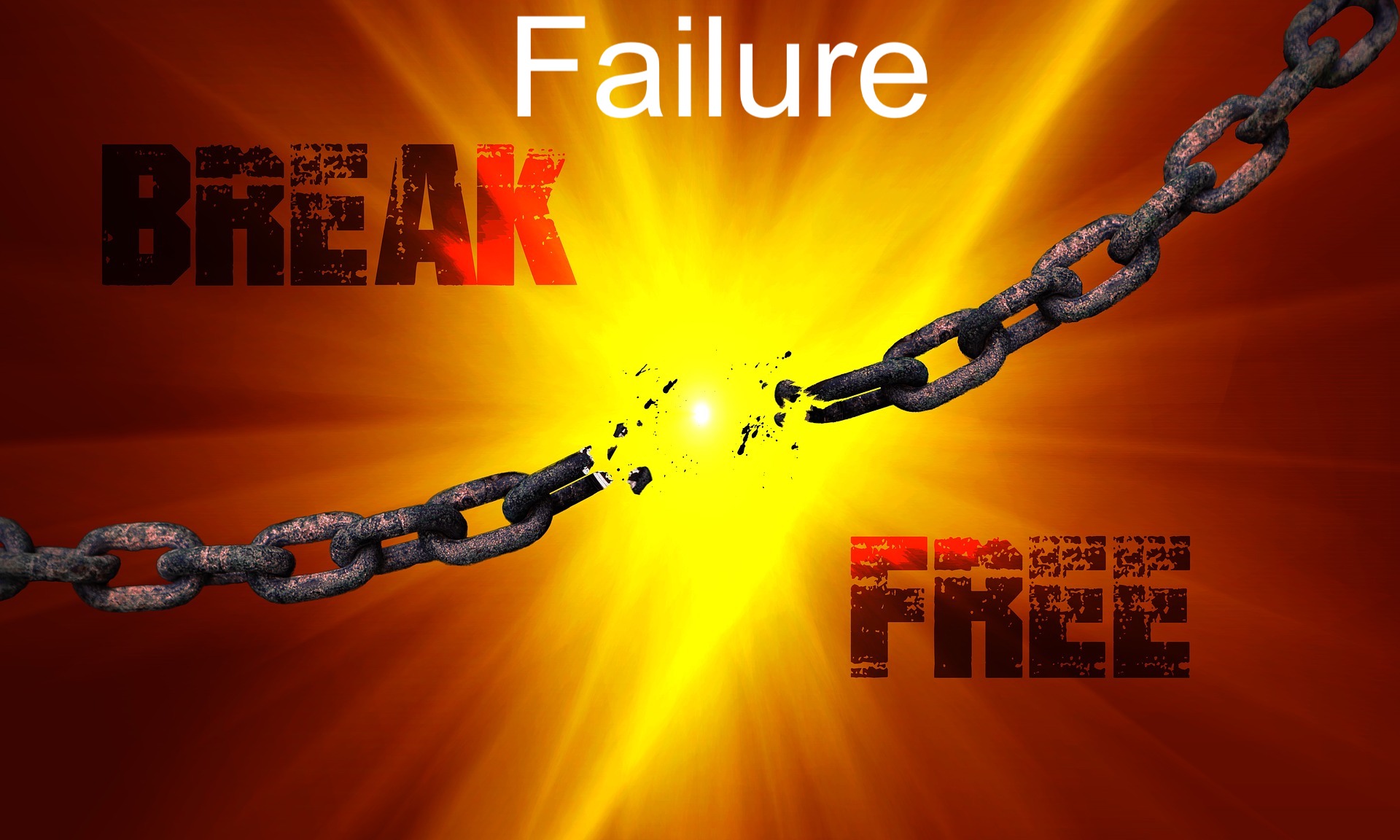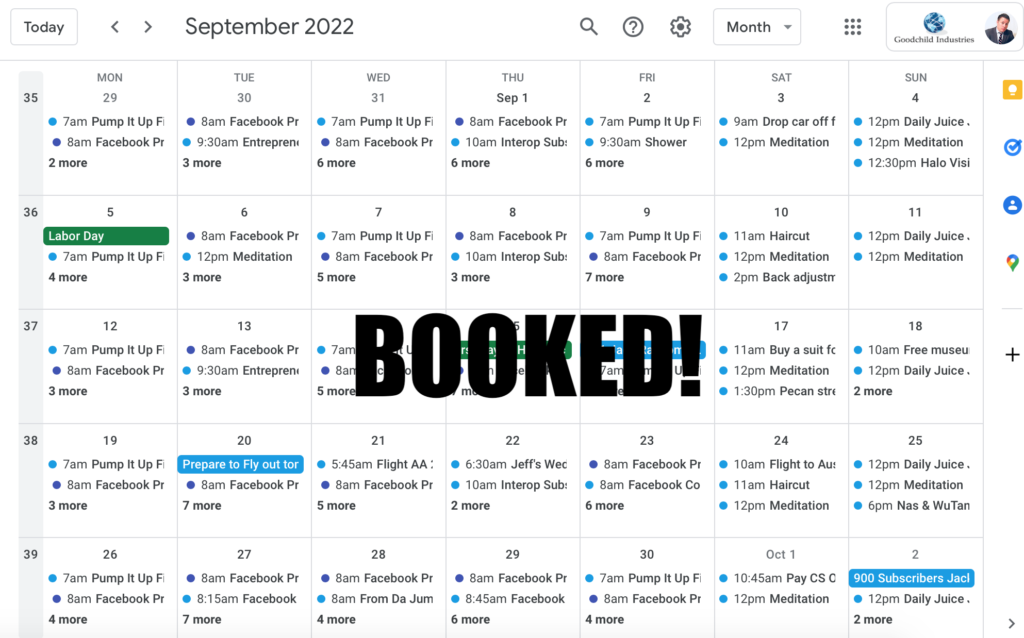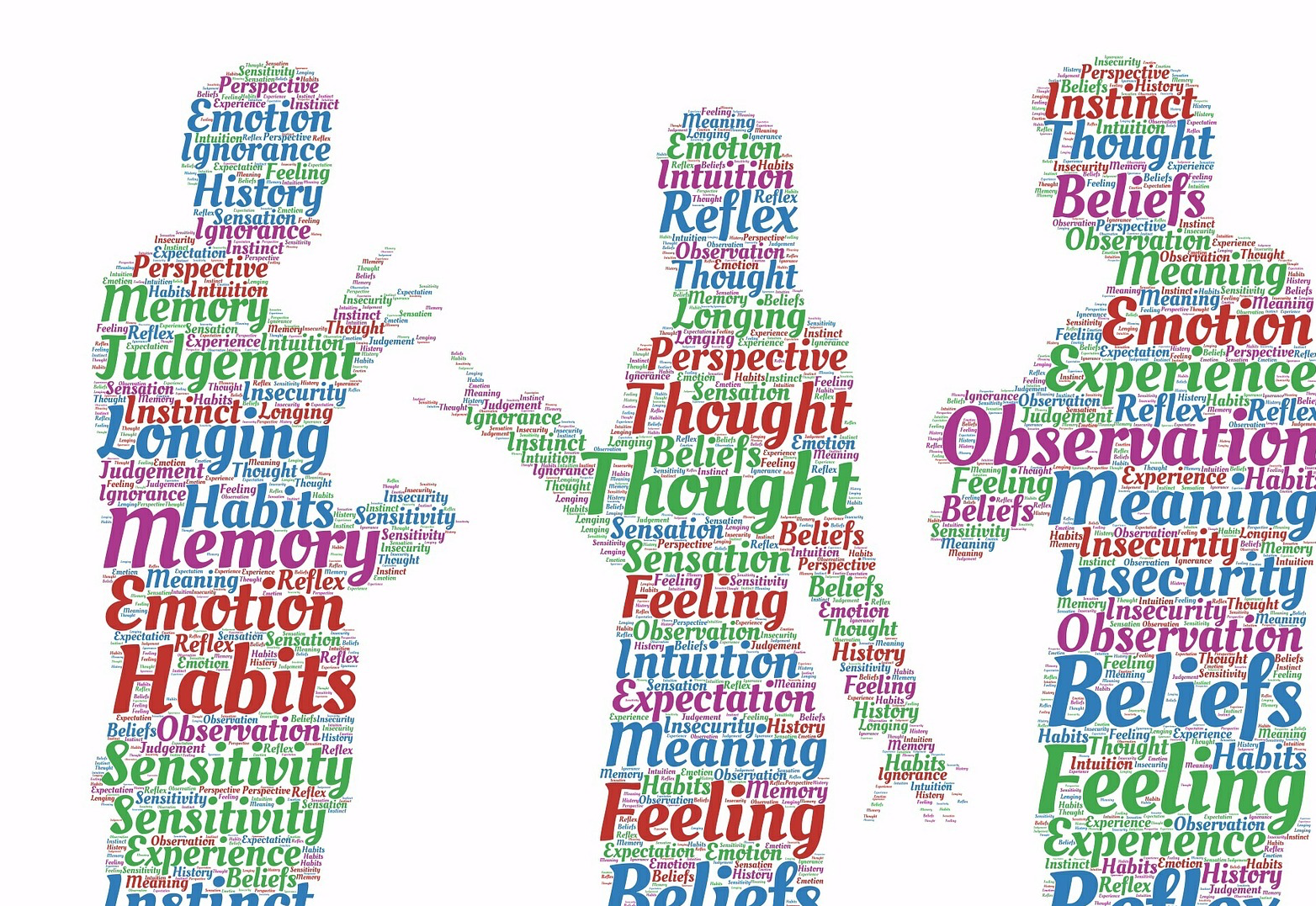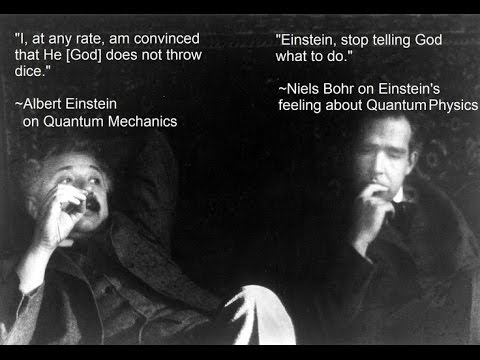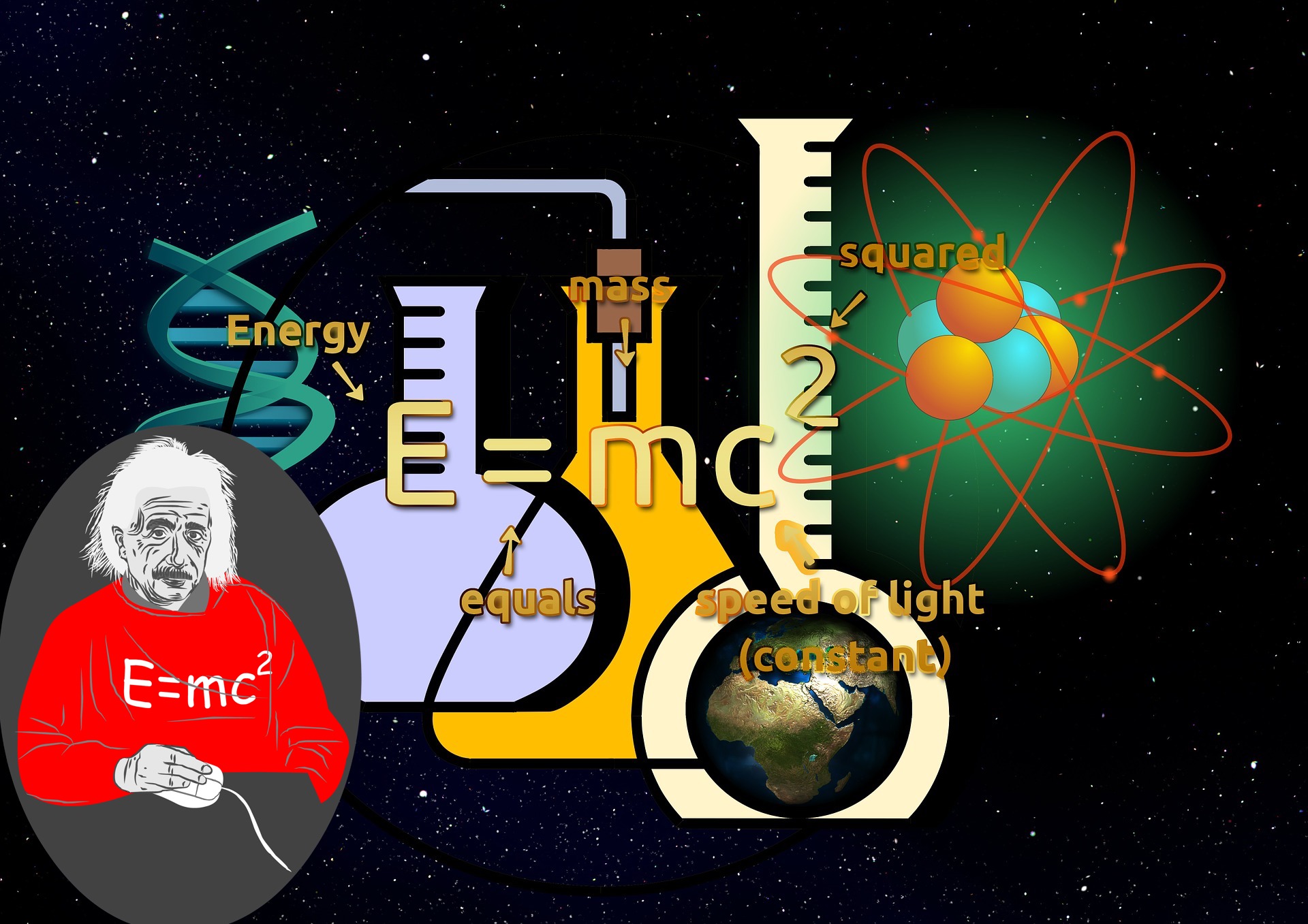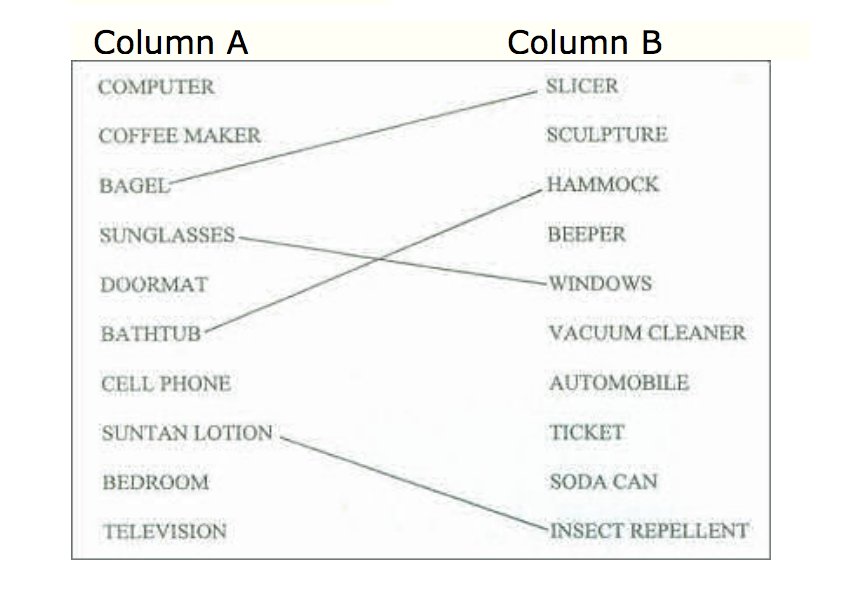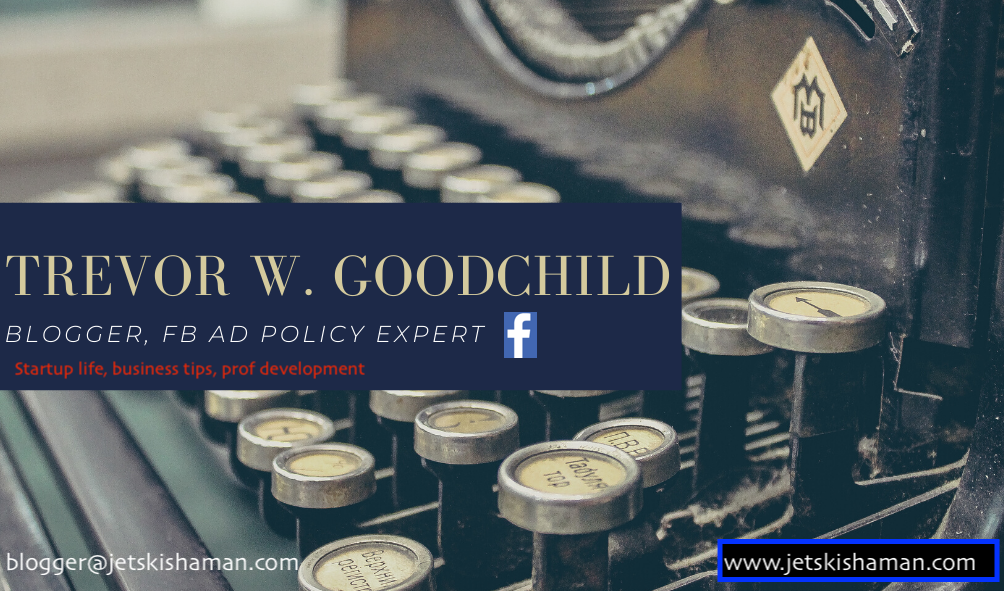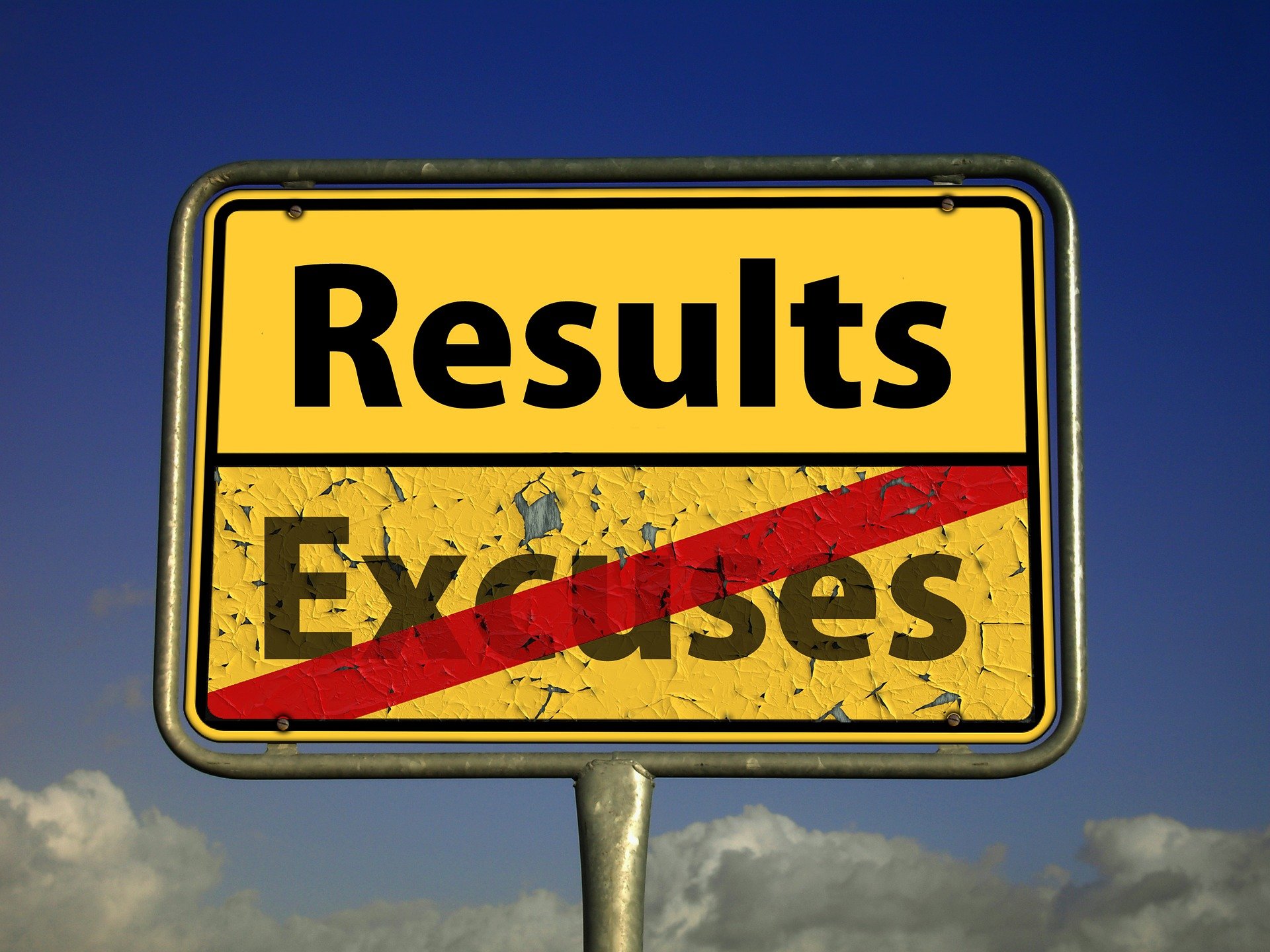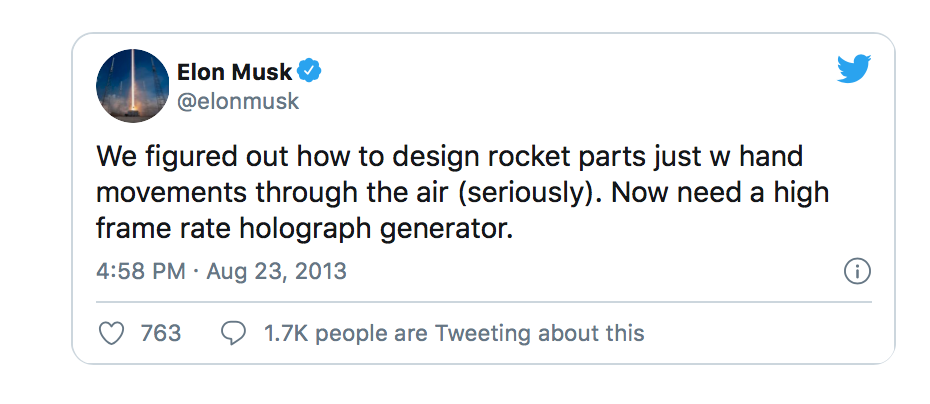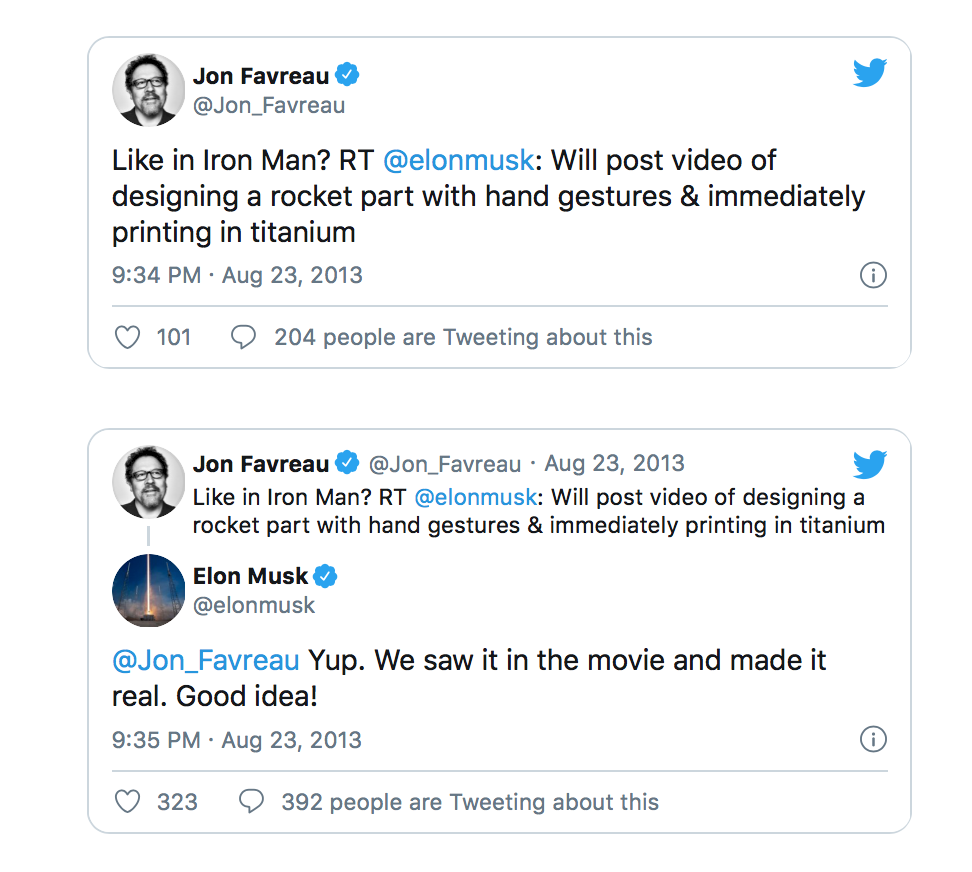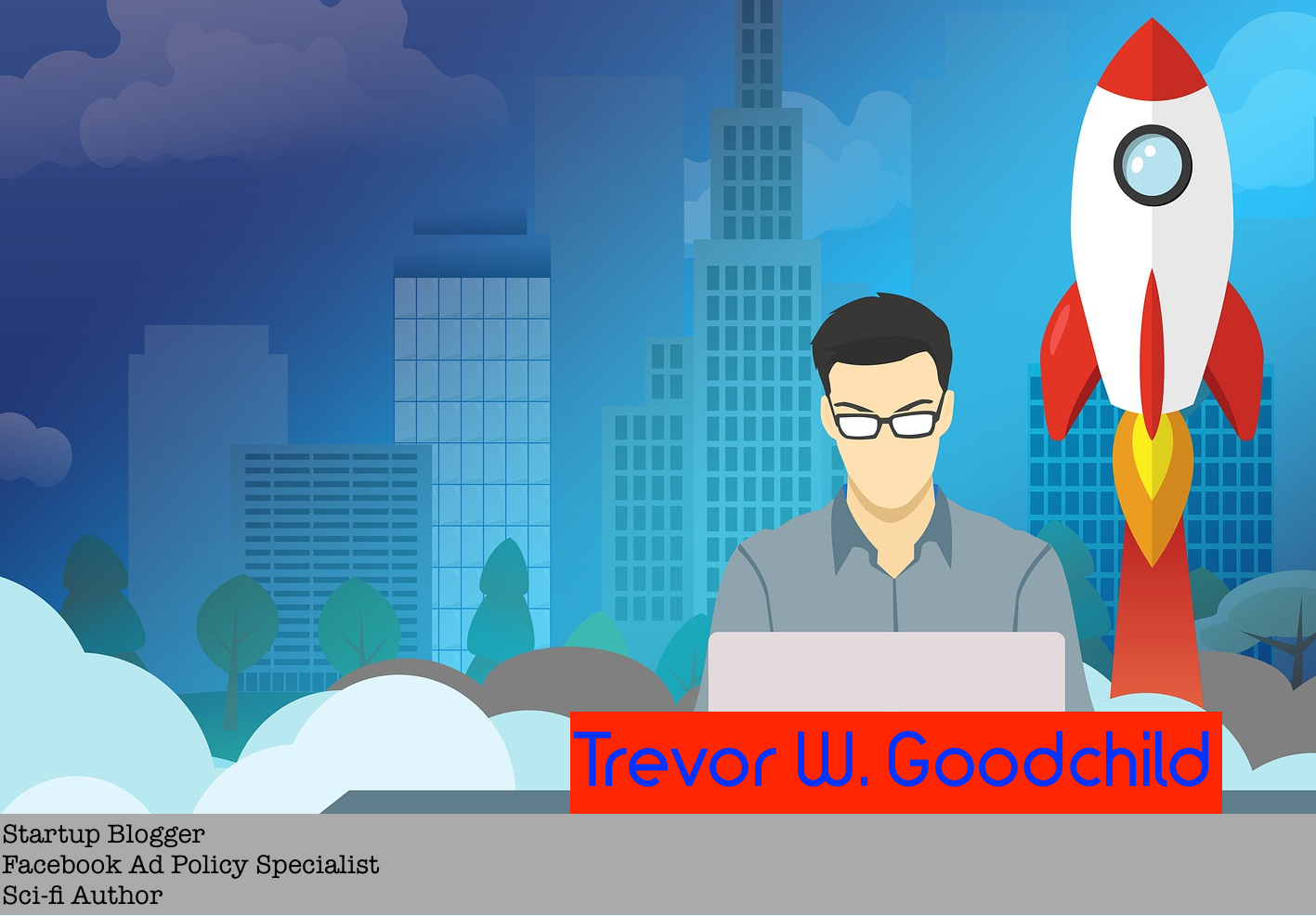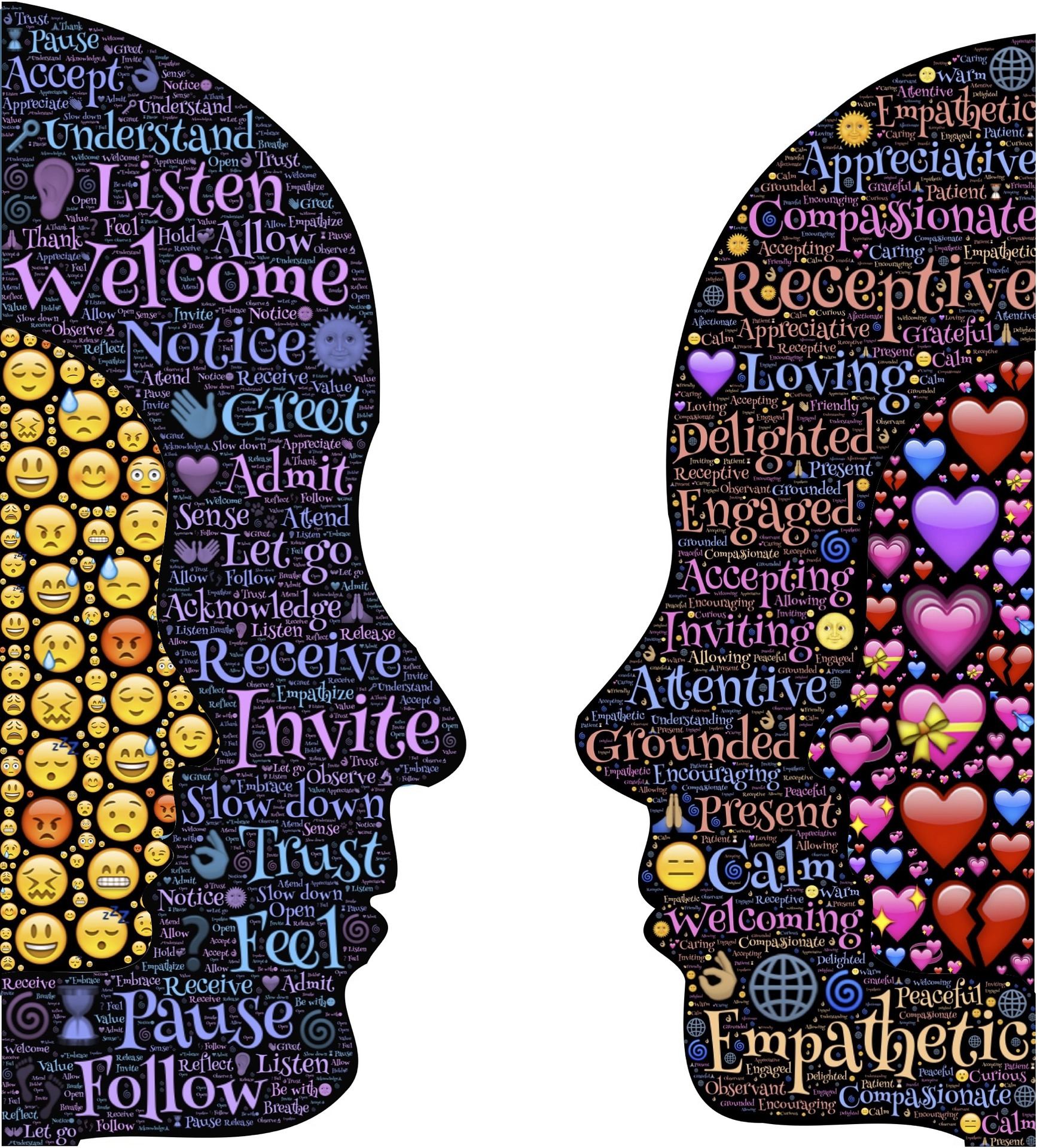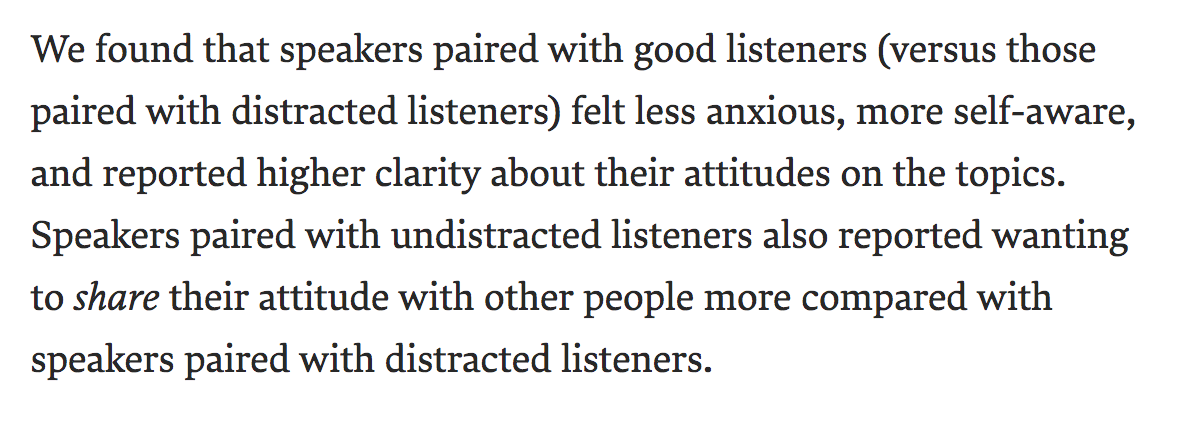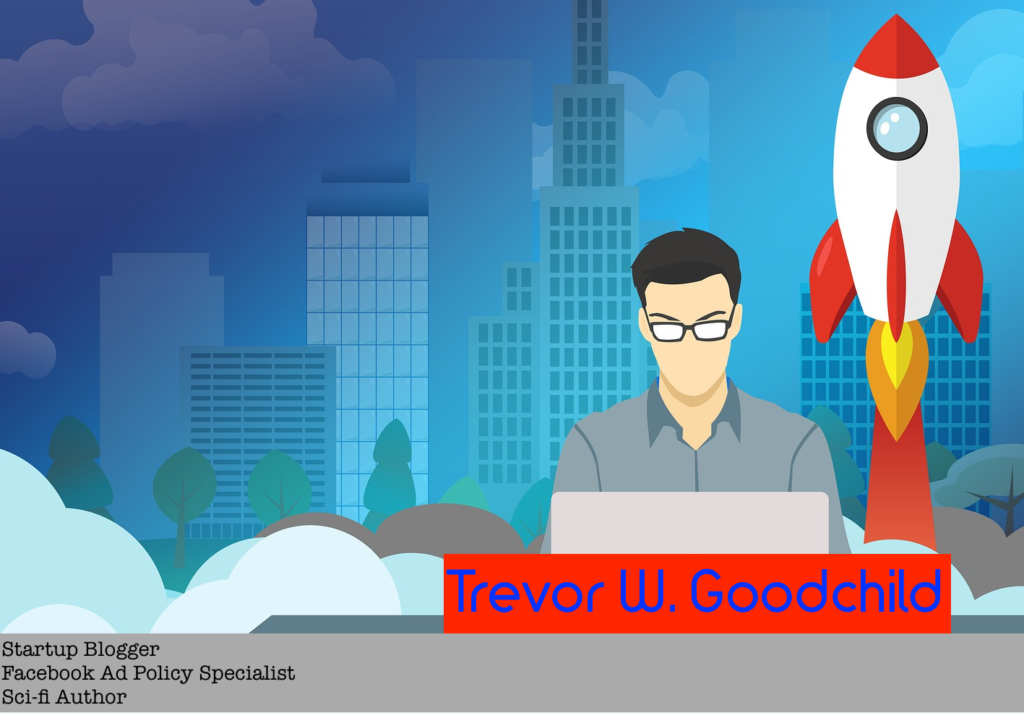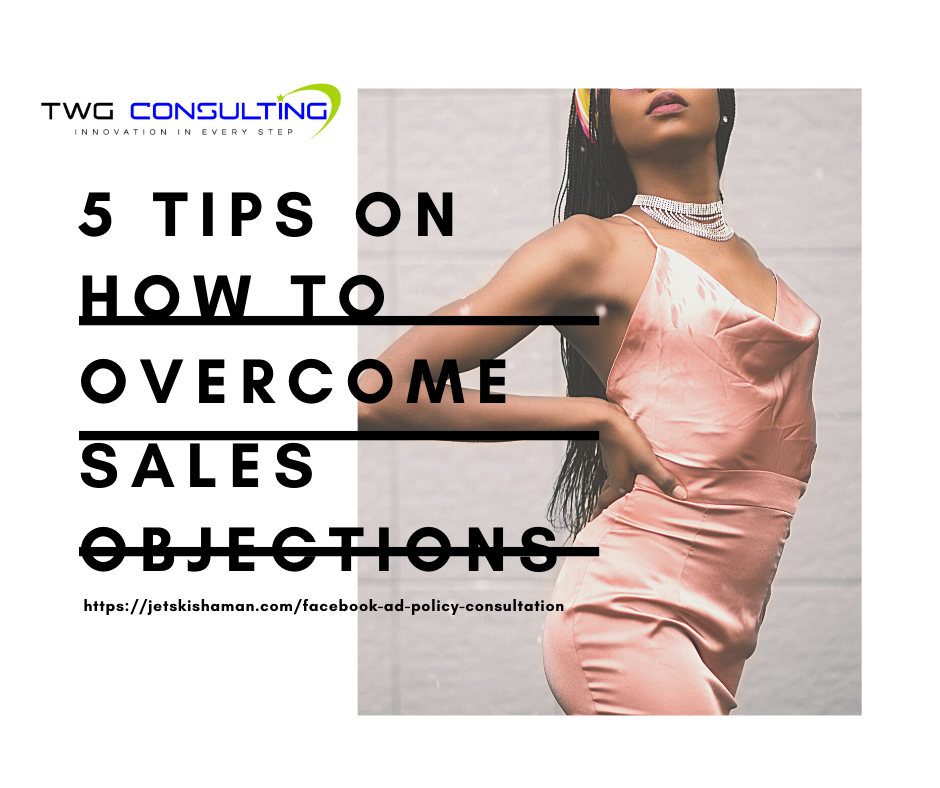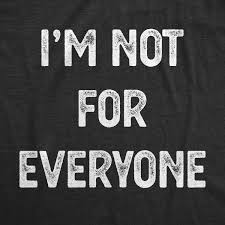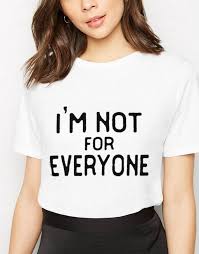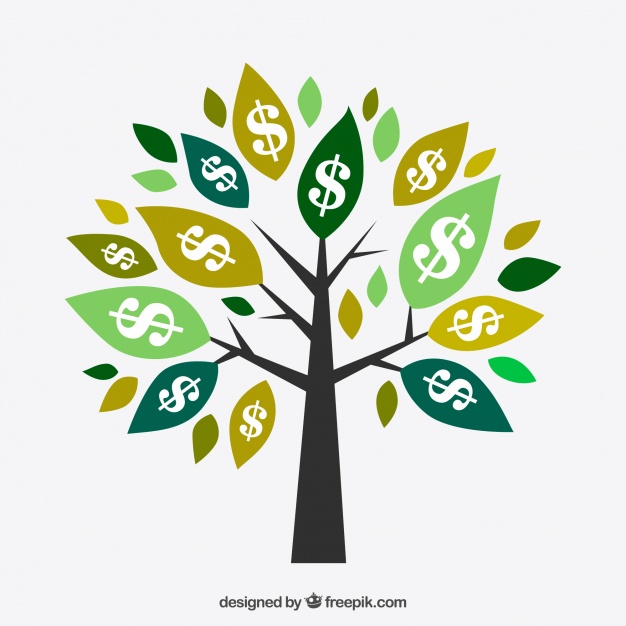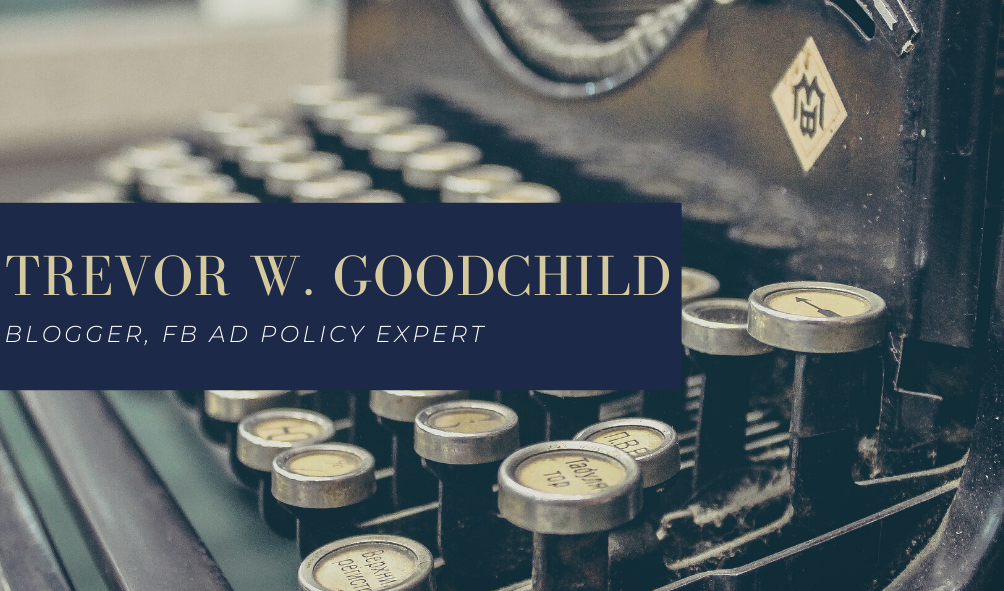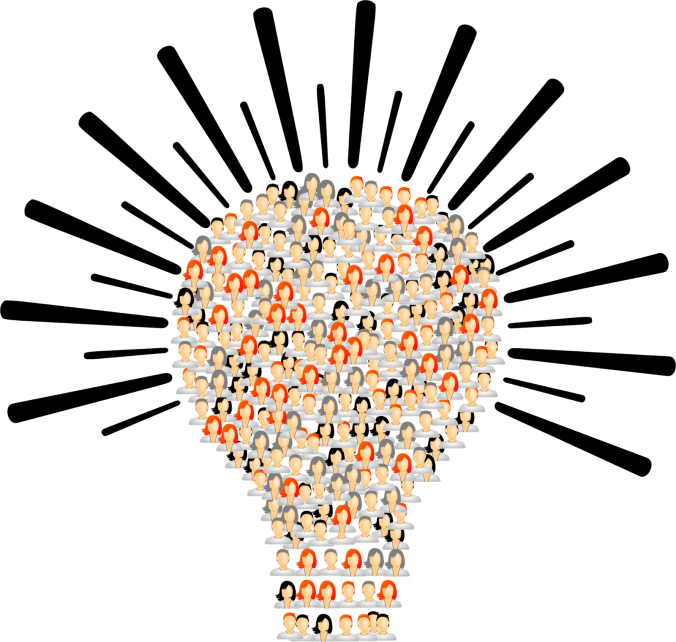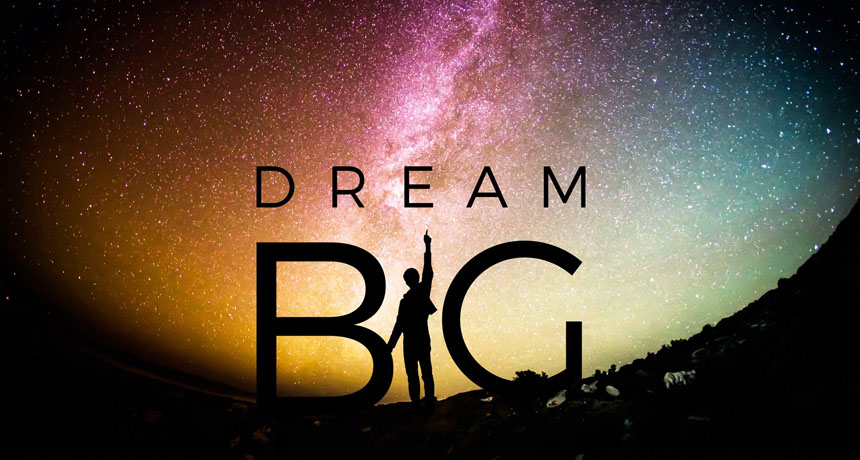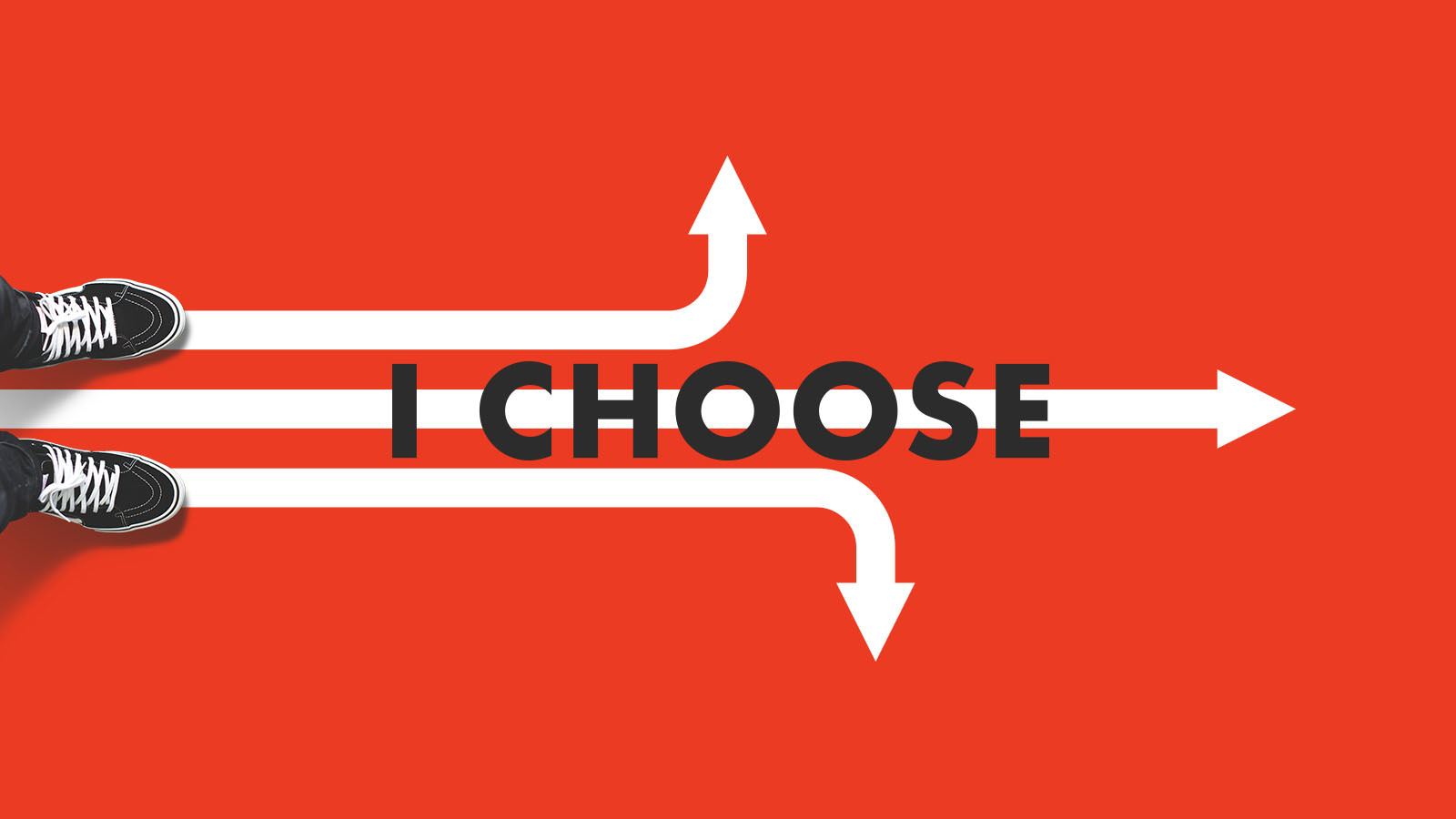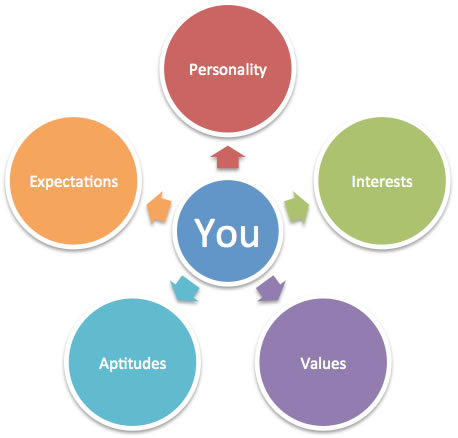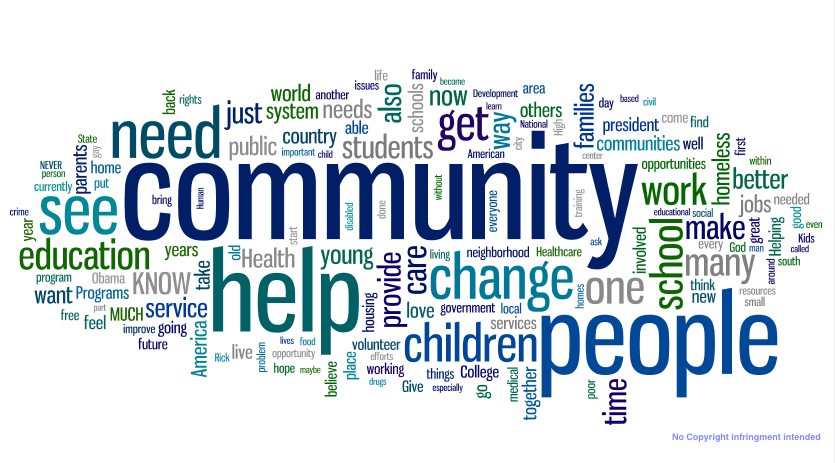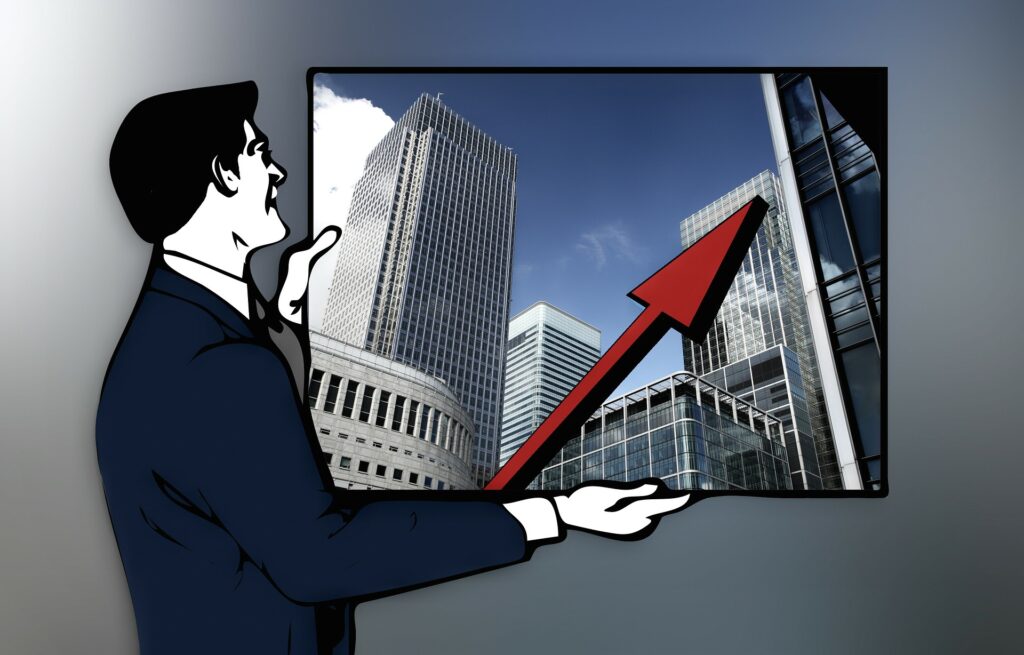
Dieting and business have a lot in common - they both rely on systems that seek to scale results. They both share a common flaw: unproductivity due to complacency.
Have you had a friend on a diet who does an intense workout and then eats pizza and ice cream? "Oh well, I've already exercised so I can cheat a little."
Except - this path leads towards homeostasis rather than progress.
Many times we take greater risks once we feel safe or protected which leads to more accidents and actually increases risk. This is called Risk compensation.
Risk compensation is a theory which suggests that people typically adjust their behavior in response to the perceived level of risk, becoming more careful where they sense greater risk and less careful if they feel more protected (source).
(Read the last blog for a guide on what to charge for your services here)
Risk Homeostasis initially proposed in 1982 by Gerald J. S. Wilde, a professor at Queen's University in Canada, suggests people weigh the expected costs and benefits of safer and riskier behaviour before taking a riskier behavior.
Expected benefits of risky behavior (e.g., gaining time by speeding, fighting boredom, increasing mobility)
Expected costs of risky behavior (e.g., speeding tickets, car repairs, insurance surcharges)
Expected benefits of safe behavior (e.g., insurance discounts for accident-free periods, enhancement of reputation of responsibility)
Expected costs of safe behavior (e.g., using an uncomfortable seat belt, being called a coward by one's peers, time loss)
In a Munich study, part of a fleet of taxicabs were equipped with anti-lock brakes (ABS), and afterwards the cabs with the ABS had more accidents than the cabs without ABS.
Munich Cabbie Results
The idea Wilde has about this is that cab drivers, feeling more protected, took more risks. Their corresponding behavior change canceled any benefit from the safety measures by ABS.
The Challenger rocket exploded because the managers at NASA felt like the 2nd O-rings were enough to not look closer at the potential for catastrophes despite warnings from engineers at NASA that the rocket wasn't safe to launch.
The Danger of Complacency
At the heart of this, is the dangerous toxin of complacency.
It's just as much a risk in dieting and getting complacent that you've "put your steps in" so can cheat on your diet - leading to a permanent stalemate to getting into better shape - as it is for businesses.
Businesses that want to grow, become profitable and then after becoming profitable often stop innovating their processes, addicted to old systems that no longer work.
"Hey it worked before why not just stick to what's working?"
That kind of thinking crashed Kodak and many more businesses. It's why mid-level managers are still dealing with employees who hate their jobs.
There isn't any intrinsic value in the work being done that is cultivated. I left working at Facebook because there wasn't any investment in the employees to cultivate more skill sets for vertical rather than lateral promotions.
Many companies like Facebook completely lack professional development - it's all about a high turn over rate because they feel if they invested more into their employees they'd have to pay them more.
Yet, this short-term thinking misses the elephant in the center of the room: work avoidance, extrinsically motivated employees don't give it their all, more mistakes are made, no learning from the mistakes is done because the staff feels unsupported - this all costs companies millions of dollars in loss of revenue from inefficiency.
If a startup - or any business - stops looking for ways to improve their systems and relies only on techniques, they will stop winning over the competition and decline.
This advice goes for continuing to be a good friend, a good husband, a good business partner, a good son to your mother (said from my perspective as a guy).
A good athlete doesn't stop training just because the race is over.
It's Day 1 Every Day
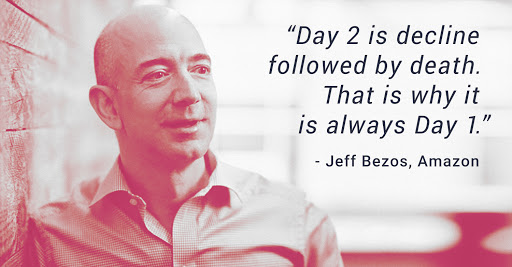
In every annual letter to the Amazon shareholders, Jeff Bezos writes the enigmatic line:
"It remains Day 1."
After saying this for years, Bezos after being questioned on what it meant said,
"Day 2 is stasis. Followed by irrelevance. Followed by excruciating, painful decline. Followed by death. And that is why it is always Day 1."
We have to keep creating thought experiments, AB testing, surveying our target audience, studying the competition, taking moonshots, reframing problems, testing as we fly and using first-principle thinking as Elon Musk did creating SpaceX.
Ultimately there isn't a magic bullet. No secret handshakes or magic pill that makes you a millionaire. You have to start thinking like a millionaire and study how and why successful launches worked and what didn't work about them.
Use this data as more than a way to brag at cocktail parties about what you know and have learned. Use this data to calibrate your next moves in business and beyond.
You're directing your own movie - creating the cast, the plot and the ending. What story does it tell?
Comment below!
Facebook disapprove your ad and won't tell you why? Schedule a time to talk to someone who worked at Facebook here.
New Solution to Facebook Ad Policy Violations
After years of working at Facebook, I understand exactly what ad copy in your funnel is triggering the automations and how to get compliant. I'm a Facebook ad policy specialist and can audit your funnel, and share what to say that Facebook wants to see instead - but just isn't telling you. Get on my calendar while I still have free time here.
Want to book a call to talk to Facebook and get results? Get solid answers directly from the source instead guessing, googling and playing roulette? Schedule a call with me and I can easily tell you proven reasons why the automations flag you and how to become compliant.
You'll be swapping out walking in a minefield of ad flags, to having a sure path to having your Facebook ad accounts protected from being disabled.
My clients have included social media marketing agencies of Tony Robbins, Harv Eker and Dean Graziosi. I'm featured on the Queen of Facebook Mari Smith's Marketing Essentials Course.
Save energy and money - how much is it costing you to not know why Facebook is shutting you down? Save time and money TODAY
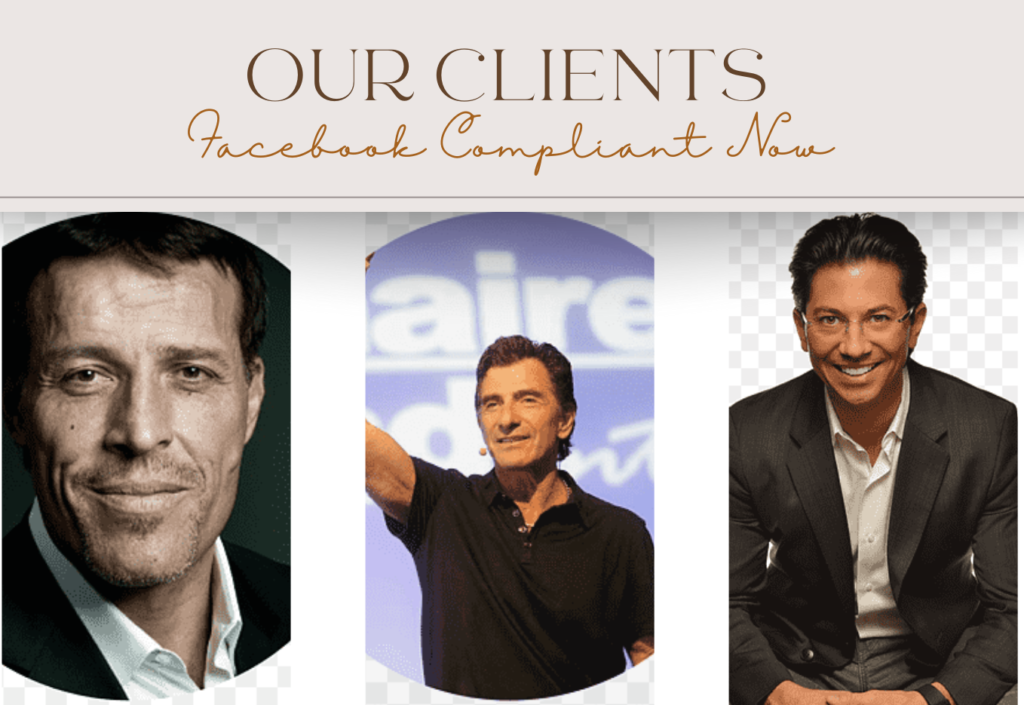
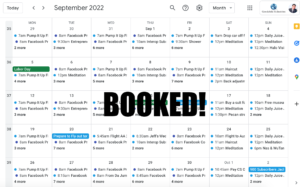
If you want to skip the line before this offer ends, immediately secure an expert-level Facebook consulting call from someone at Facebook. Book a call with me now!
If you're ok with waiting a bit longer, and entering the waitlist to see if you're eligible - Schedule a call or contact me via email.
